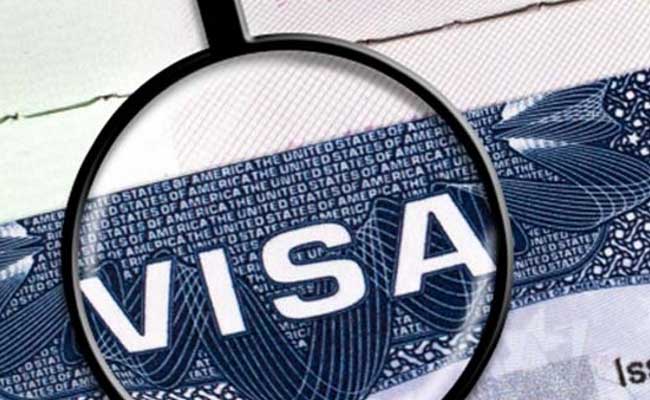“We have seen a systematic erosion of liberty and democracy in Hong Kong,” said British Foreign Secretary Liz Truss in a statement Wednesday. “Since the National Security Law was imposed, authorities have cracked down on free speech, the free press and free association,” she said, adding it was “no longer tenable” for her country’s judges to sit on the court.
Hong Kong’s highest court, the Court of Final Appeal, is composed of permanent judges and other nonpermanent judges that can come from any Common Law jurisdiction. Hong Kong, a former British colony, inherited the common law system which it kept even after the 1997 handover to China under the “one country, two systems” framework.
Under that framework and under Hong Kong’s mini constitution, the courts are meant to be independent from political influence and from mainland China, which has underpinned Hong Kong’s appeal to foreign businesses.
Common law jurisdictions include Australia, Canada and New Zealand, and judges from all those countries have sat on the Court of Final Appeal as nonpermanent judges.
Currently, only two British judges serve on the Court of Final Appeal. Both of them resigned from the Hong Kong court on Wednesday, in tandem with the British government’s announcement.
There are three Australian judges and one Canadian judge on the Court of Final Appeal, the only foreign judges left after the resignations Wednesday.
Lord Robert Reed, who is also the president of Britain’s Supreme Court, said in a statement that the judges of the Supreme Court “cannot continue to sit in Hong Kong without appearing to endorse an administration which has departed from values of political freedom, and freedom of expression.”
Hong Kong was rocked by anti-government protests in 2019, sparked by fears that the legal firewall between the territory and mainland China was eroding through a bill that would allow extraditions between the two places. It spiraled into an all-out rebuke of China and Hong Kong’s government. In 2020, China bypassed Hong Kong’s legislature and passed a draconian new national security law that has since criminalized dissent and silenced and jailed the opposition.
The legal system has been a crucial part of this process, and judges now have to implement the China-drafted national security law, which among other things denies bail to suspects held on political crimes even before they are proven guilty. All of Hong Kong’s most prominent activists including media mogul Jimmy Lai, young protest leader Joshua Wong and others are in detention. Lai was denied bail by the Court of Final Appeal, and that bail precedent has applied to the scores of other political activists and former lawmakers.
.png)











 English (United States) ·
English (United States) ·  Turkish (Turkey) ·
Turkish (Turkey) ·